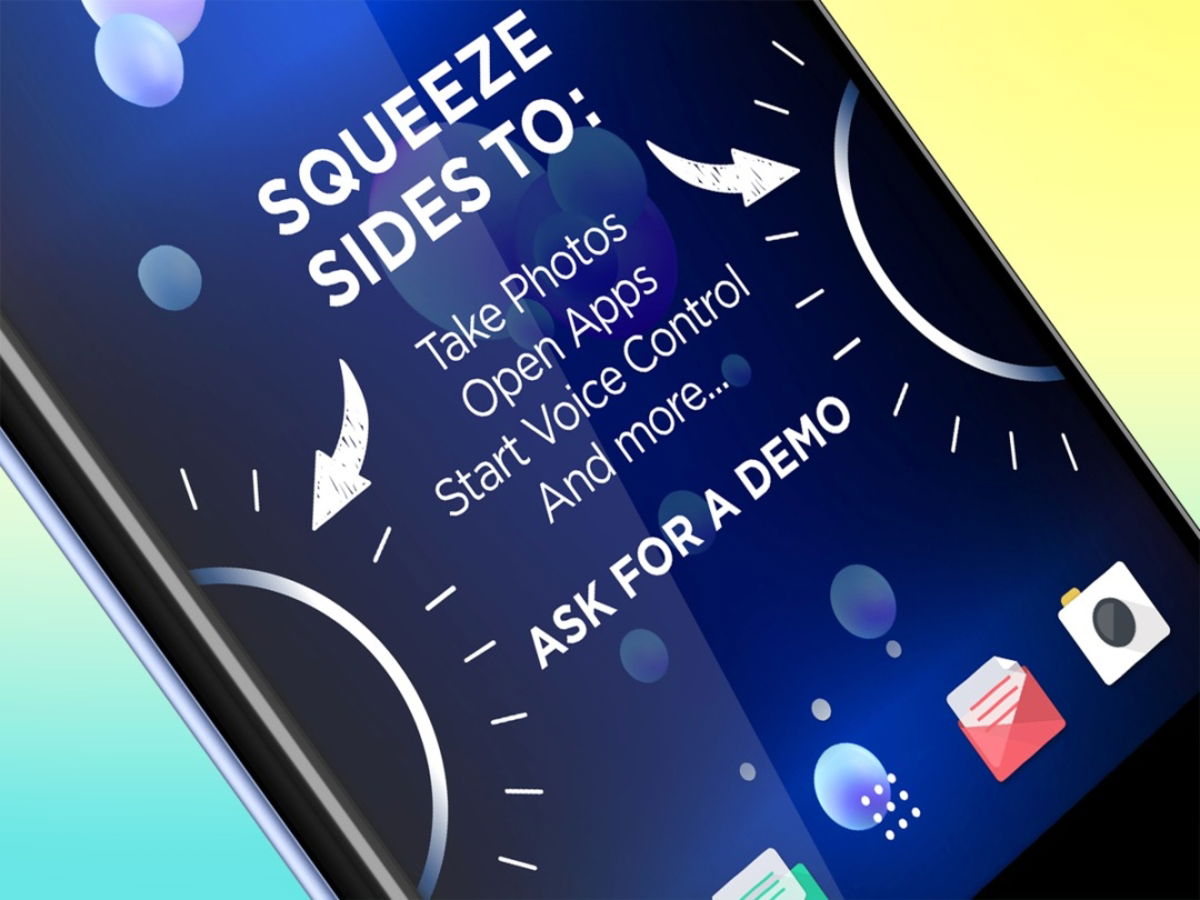getty
Finally, a little over four years too late, TikTok has decided to change the default privacy options for accounts of underage users, an issue many of us have criticized it for and proof of its failure to assume its responsibilities.
From now on, all accounts for minors under sixteen years old will be private by default, so that the videos they upload cannot be downloaded by third parties. Only commentators who have been previously approved will be able to comment on them, and their contents cannot be suggested or recommended to other users. Third parties will not be allowed to automatically download videos from the accounts of 16- and 17-year-olds: to do so will require authorization. In addition, third parties will not be able to use duets and similar functions with children aged under sixteen, while 16- and 17-year-olds will have to expressly enable it. In addition, some options are reinforced regarding supervision of underage accounts by the adults responsible for them.
The new restrictions are very important for a network that is used daily by many minors. In the United States, it is estimated that around a third of its users are aged under 18, and the application’s parameters not only made it possible, but practically favored the appearance of behaviors considered dangerous such as grooming, sexting, harassment and other sexually abusive behaviors. The mechanics of the application, together with the operation of its recommendation algorithms, led to many adults with pedophile tendencies constantly receiving recommendations for highly sexualized videos of minors. This created a feedback loop in which children realized that their more explicit videos garnered the highest success metrics.
The changes to TikTok’s privacy options for minors came shortly after a study conducted by British current affairs program Panorama for the BBC revealed what we all knew: the platform claimed to have a zero-tolerance policy on child abuse and exploitation, while in reality, anyone could communicate freely with minors on it.
When did TikTok finally decide to do something to protect one of its most important user segments? Many years after having been the subject of multiple complaints and investigations, and when it has already obtained a clearly advantageous position in terms of popularity. The new rules make it perfectly clear, in all senses, what the previous situation was like, and that TikTok has never worried about it until now: in fact, the absence of controls and its ambiguous attitude has contributed to its popularity.
I welcome the changes. But they should also highlight the way some companies have been allowed to ignore basic principles in their quest for popularity. Despite being sanctioned on several occasions and in several countries for more than four years — its period of greatest growth — it refused to acknowledge the danger it was subjecting its youngest users to. The next time we see this kind of irresponsible behavior by a social network, I hope we will be a little quicker at bringing it under control.


/https://specials-images.forbesimg.com/imageserve/60041fa23b7f27a9637c4f98/0x0.jpg?cropX1=0&cropX2=6000&cropY1=339&cropY2=3152)





![11 Email Design Trends to Improve Your Email Marketing Strategy in 2021 [Infographic]](https://www.socialmediatoday.com/user_media/cache/bf/01/bf010b45f9b23fabdecbf6a78fc0b096.jpg)




